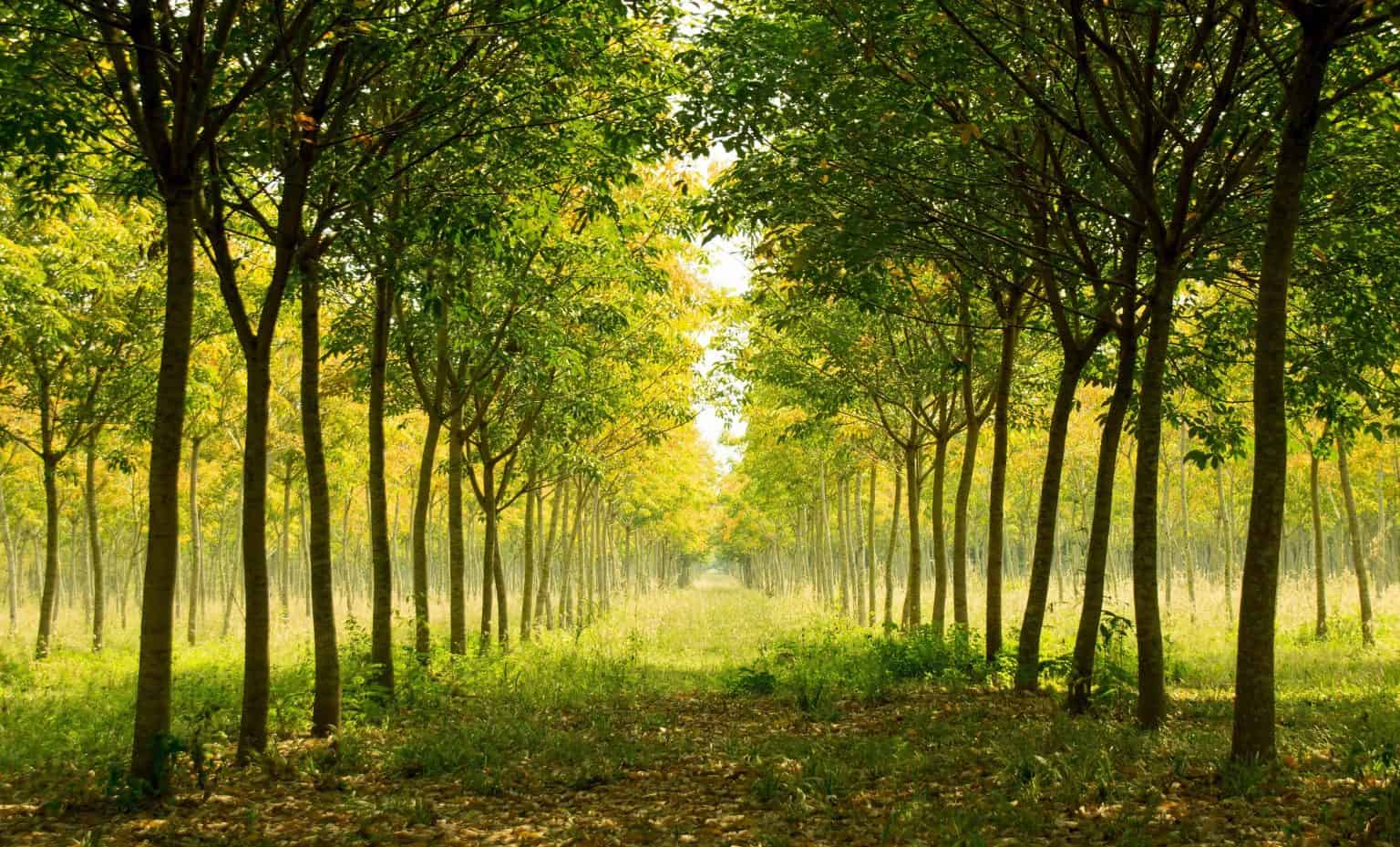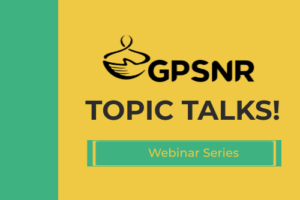Desired state V1-0 and Theory of Change documents were circulated among Strategy & Objectives Working Group in November. Comments from the members were consolidated and will be responded to in the next version. Theory of Change will be finalized and submitted to the Executive Committee in order to be approved at the General Assembly in March 2020.
Strategy 1 ‘Policy Toolbox’ Working Group primarily agreed on the scope of work. The desired state V1-0 serves as a baseline document which will be cross referenced with Accountability Framework initiative in order to come up with policy framework that will be applicable to GPSNR members. The drafters volunteers will present the first draft of a policy framework to the working group members in December 2019.
Strategy 2 ‘Capacity Building’ Working Group members worked on defining priority geographical areas based on current production volume and emerging trend of natural rubber production. The existing stakeholders and capacity building activities in those countries are being identified in order to design the plan for GPSNR on capacity building.
Strategy 3 ‘Traceability and Transparency’ Working Group members were requested to list down traceability tools that are currently in use and/or traceability tools that could be potentially used for natural rubber supply chain. In December they will analyze the attributes of each tool to see the compatibility and applicability for transparency and risk assessment.
All the 3 working groups including Strategy & Objectives and Smallholders Representation Working Group members are given access to GPSNR discussion forum which aims to increase transparency and synergy among the working groups. You will be able to see the discussions and the documents of all the working groups but will be able to contribute only to the groups you signed up for. Please contact nigel@gpsnr.org for your log-in credentials.





